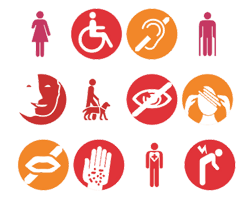Infos générales
- Durée de la formation
-
1 an
- Lieu(x) de la formation
- Université Toulouse Capitole
- Stage(s)
- Oui
- Langues d'enseignement
-
Anglais
- Accessible en
-
- Formation initiale
- Reprise d'étude



 Visitez le portail handicap sur le site de l'Université
Visitez le portail handicap sur le site de l'Université
